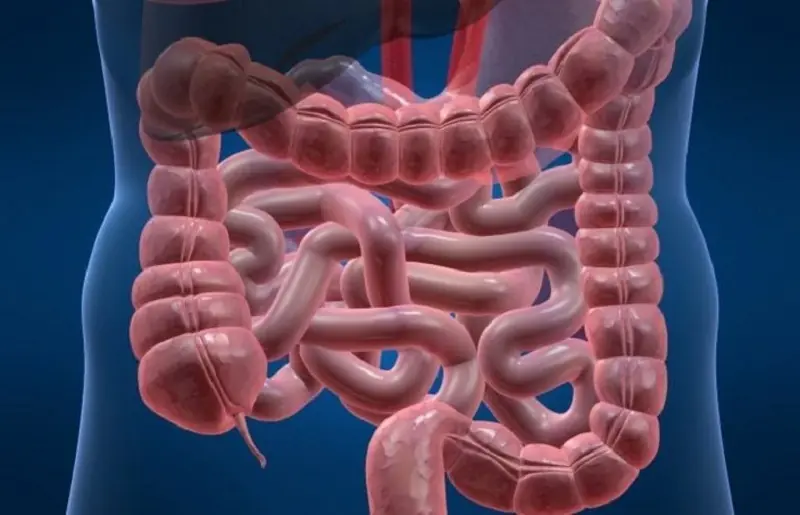
15 Honest Phrases You’ll Never Hear From a True Narcissist

Some words carry profound emotional weight—responsibility, empathy, humility, and trust, just to name a few. These aren’t just vocabulary words; they’re foundations of emotional intelligence and healthy relationships. But for people with narcissistic traits, these terms often seem incomprehensible, like a language they never bothered to learn.
Why? Because saying these words sincerely would mean admitting they’re not always right, not always in control, and not always the center of attention. And for a narcissist, that kind of admission feels like a threat, not a moment of growth. Below are 15 things narcissists tend to avoid saying—and the deeper psychological reasons behind their resistance.
1. “I Take Responsibility”
Admitting responsibility threatens the narcissist’s self-image. For someone who thrives on appearing flawless, accepting blame is seen as a fatal blow to their ego. If something goes wrong, their first move is often to deflect, deny, or distort the facts. They’ll rewrite history, manipulate the narrative, and even gaslight others to avoid accountability. Why? Because saying “I take responsibility” would mean admitting they’re human—and fallible.
2. “I Really Understand What They’re Going Through”
Empathy requires stepping outside yourself and feeling someone else’s emotional experience. For narcissists, this kind of vulnerability feels foreign—and even threatening. While they may mimic compassion to gain favor or manipulate, true empathy is rarely on display. They’re more focused on controlling perceptions and outcomes than connecting on a meaningful level.
3. “I’m Truly Sorry”
A sincere apology involves not just words, but remorse, understanding, and a willingness to make amends. Narcissists may throw around apologies when cornered, but they often sound like: “I’m sorry you’re upset,” or “I’m sorry you misunderstood me.” These aren't real apologies—they’re tactics to shift blame or silence criticism. Real accountability? That’s a bridge too far.
4. “I’ve Been Struggling Emotionally”
Vulnerability is often seen by narcissists as weakness, not strength. Opening up about emotional struggles means revealing a side of themselves that doesn’t fit their idealized image. So instead of honesty, they wear masks—confidence, superiority, even charm—to conceal their inner turmoil. Their true feelings are buried beneath defensiveness, blame, or indifference.
5. “I Value Your Opinion”
Narcissists typically treat conversations like contests, not opportunities for collaboration. Valuing someone else’s perspective would mean recognizing another person’s worth—and that doesn’t align with their self-centered worldview. Even when they ask for input, it’s often performative or used as a manipulation tool. Deep down, they believe their view is the only one that truly matters.
6. “I Respect Your Boundaries”
Healthy boundaries are essential in any relationship. But for narcissists, they’re roadblocks—limits on the control they like to exert. If you try to enforce boundaries, they may mock you, guilt-trip you, or outright ignore your requests. To them, boundaries aren’t expressions of self-care—they’re threats to their dominance.
7. “I Made a Mistake and I’ve Grown from It”
Growth requires humility and introspection—two things narcissists avoid like the plague. Admitting to a mistake is one thing; admitting they learned from it is another. They may pretend to evolve if it benefits their image, but real self-improvement requires honesty they often can’t muster. For them, change isn’t about growth—it’s about optics.
8. “I’m Thankful for the People Around Me”
Gratitude is about seeing and appreciating the value in others, which contradicts the narcissist’s belief that others exist to serve them. They often take credit for collective efforts or dismiss the support they receive. Saying “thank you” from the heart would require acknowledging interdependence—something that doesn’t align with their need to appear self-sufficient and superior.
9. “I’m Going to Do Something Kind Just Because”
Narcissists may perform acts of kindness, but there’s often an agenda behind them—attention, praise, or power. Quiet, selfless acts of compassion? Rare. If someone else is suffering, they may feign concern momentarily—only to pivot the focus back to themselves. True altruism requires empathy, which they often lack or suppress.
10. “We Make a Great Team”
Teamwork implies equality, shared credit, and mutual support—none of which appeal to the narcissistic mindset. They often see others as tools or competition, not partners. While they may pay lip service to collaboration, their real focus is on maintaining control and basking in solo recognition. Behind the scenes, they may sabotage others to stay on top.
11. “I Reflect and Grow Through Meditation or Self-Work”
Self-reflection can be a powerful path to growth—but only if you're willing to confront uncomfortable truths. Narcissists often avoid introspection because it threatens their carefully curated self-image. They might use buzzwords like “healing” or “growth” to appear evolved, but it’s usually surface-level. Real self-work takes honesty, and they’re rarely ready for that.
12. “That Was My Fault”
Owning up to a mistake challenges a narcissist’s identity. They often go to great lengths to construct a persona of perfection and infallibility. Admitting fault would mean peeling back that illusion. So instead, they blame others, justify their behavior, or deny the issue altogether. And if they do “apologize,” it’s often part of a larger manipulation strategy.
13. “Trust Is the Core of This Relationship”
Trust is built on consistency, honesty, and emotional safety. But narcissists often treat trust as something to be demanded, not earned. They may expect unwavering loyalty from others while offering little in return. In relationships, they often misuse the concept of trust to control or guilt others—rarely to foster genuine connection.
14. “I Can Improve—I See That Now”
Improvement starts with awareness, but narcissists tend to avoid self-examination. They often believe they’re already at the top of their game—or at least, want everyone else to think so. The idea that they might have room to grow feels like a threat, not an opportunity. So instead of evolving, they double down on old patterns and shift blame.
15. “It’s Just the Right Thing to Do”
Doing the right thing without expecting anything in return—whether recognition, praise, or leverage—is often foreign to narcissists. Their decisions are frequently calculated, not principled. Even when they appear to act ethically, there’s usually something in it for them. True integrity requires moral grounding that doesn’t depend on external validation.
Final Thoughts
Everyone displays narcissistic behavior now and then—it’s part of being human. But when someone consistently avoids accountability, empathy, humility, and personal growth, it may signal a deeper personality pattern. If you find yourself constantly adjusting your behavior to manage someone else’s emotions or avoid conflict, it’s worth asking: Is this relationship emotionally healthy?
Recognizing these red flags can empower you to make informed decisions about the people you allow into your life—and how you protect your peace.
News in the same category

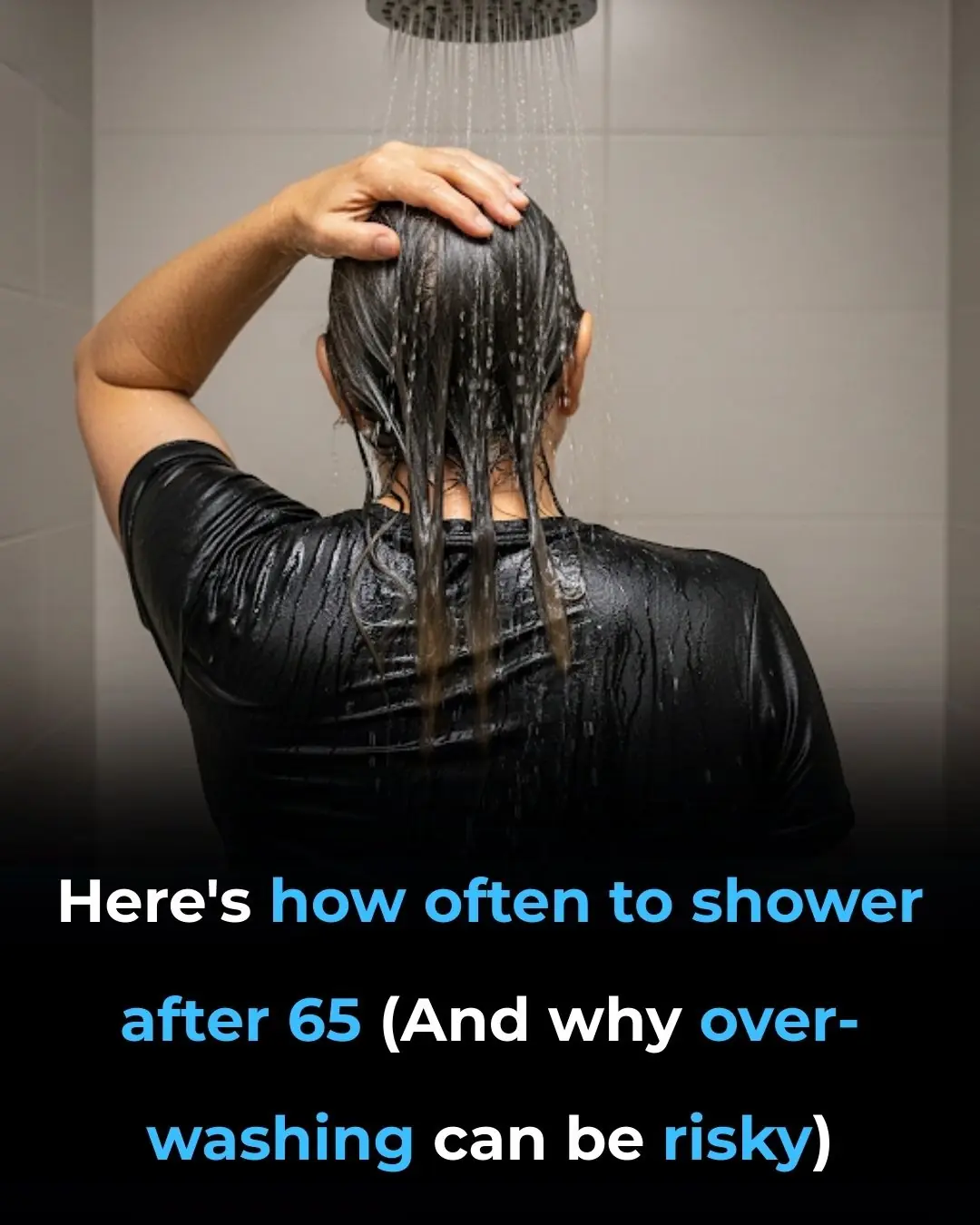
From age 65, how often should you shower (and why over-washing can be harmful to your health)
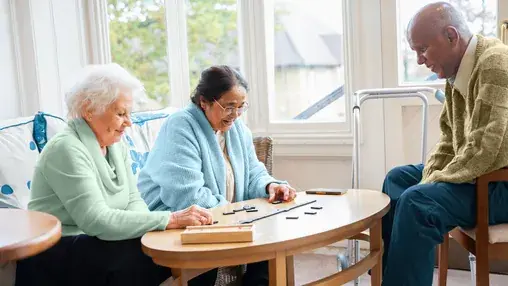
What’s the Secret to Becoming a Super-Ager?
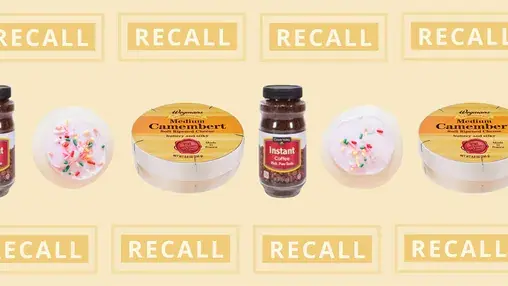
Coffee, Cookies, and Cheese Recalled From Major Retailers in Multiple States

H. Pylori Fears These 5 Foods the Most — Eat Them to Protect Your Stomach

Woman Unveils 5 Colon Cancer Symptoms You Must Never Ignore
Colon cancer is often called the “silent disease” because its warning signs are easy to dismiss. One Texas mother, Radwah Oda, is now sharing her painful journey in hopes of saving others from making the same mistake.
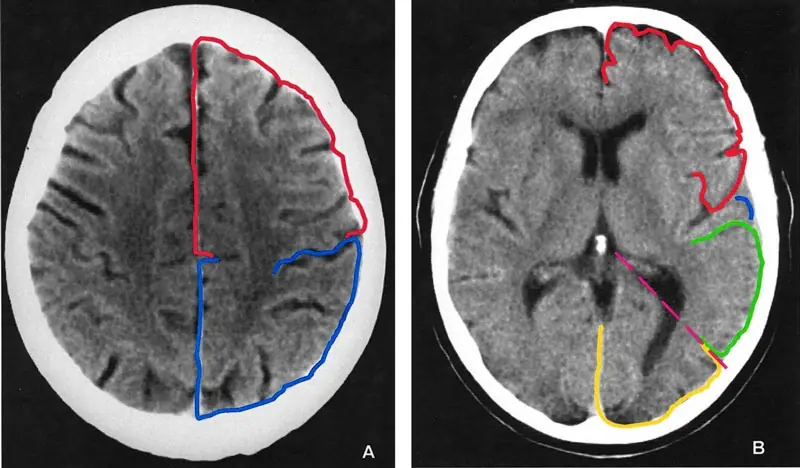
The Silent Killer" That Causes Brain Shrinkage — Yet Parents Still Feed It to Their Children Daily

Mother and Child D:ie From Liver Cancer — Doctors Reveal 3 Ingredients That Should Never Go Into Porridge
The story of the mother and child stands as a haunting reminder that the smallest choices in the kitchen can carry lifelong consequences.
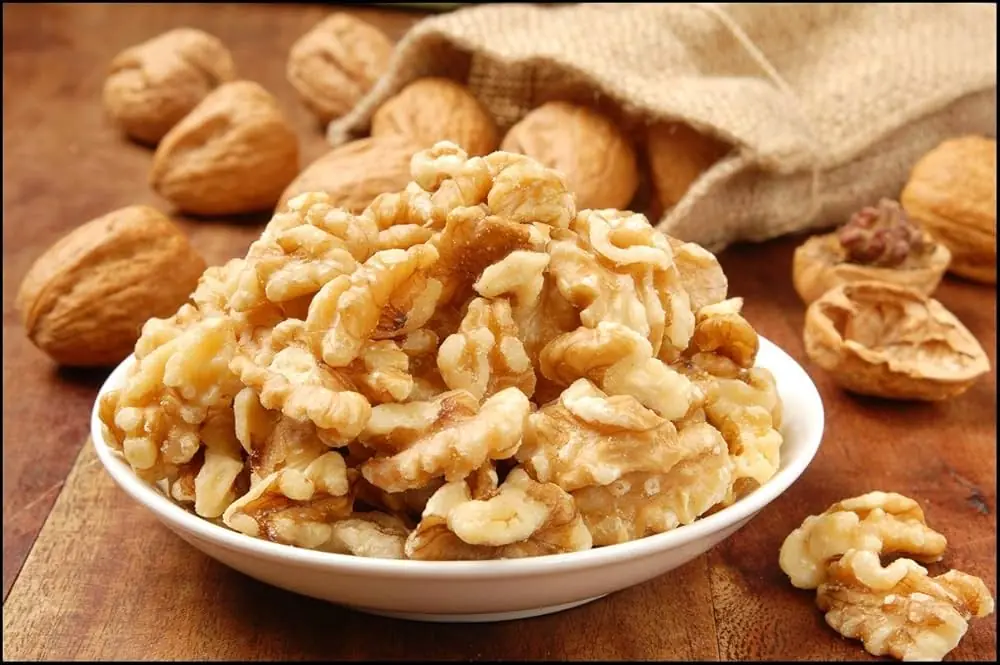
Proven Health Benefits of Walnuts, How Many to Eat, and More (Science Based)

The Most Dangerous Foods: Unpacking the Risks of Processed Meat
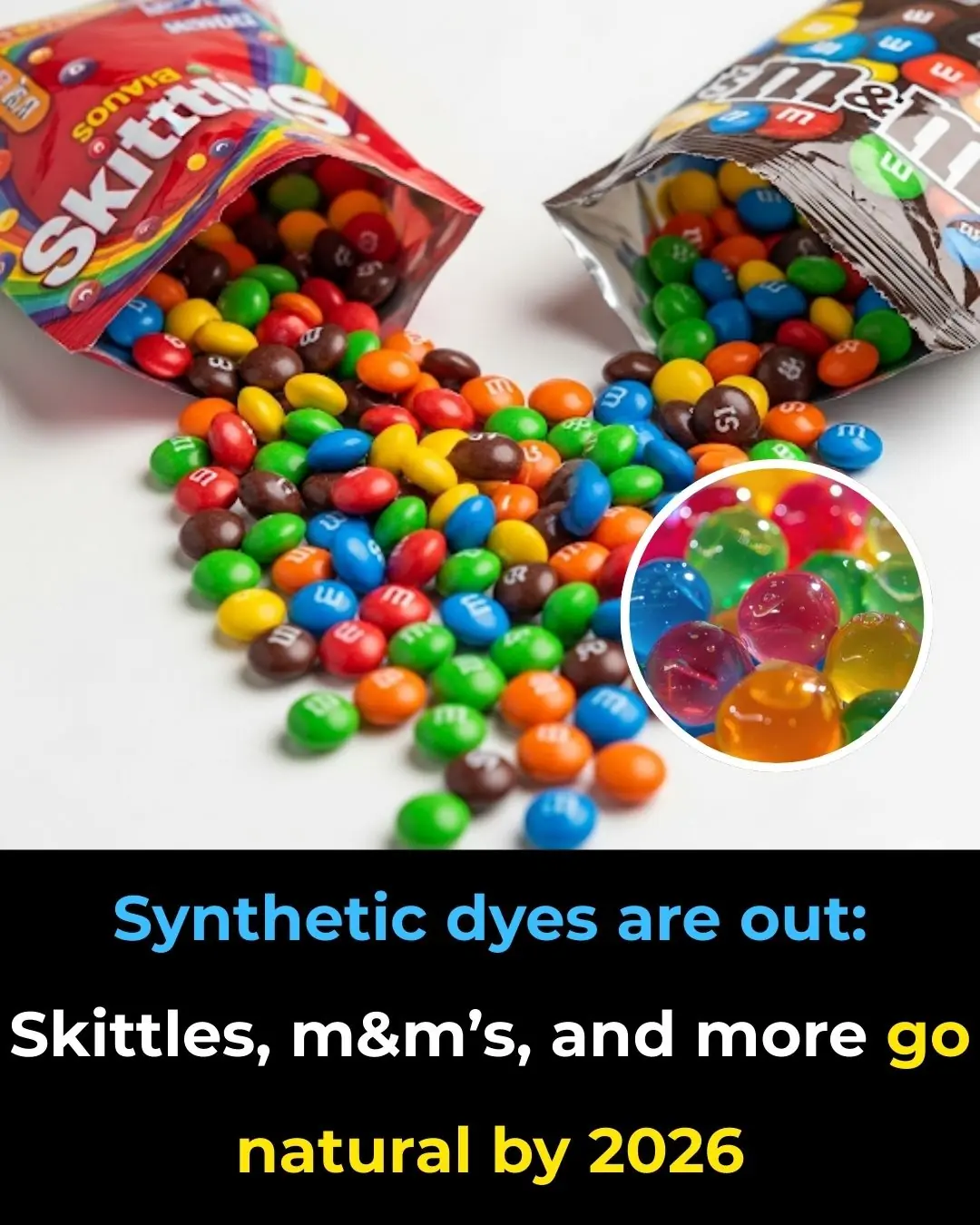
Synthetic Dyes Are Out: Skittles, M&M’s, and More Go Natural by 2026
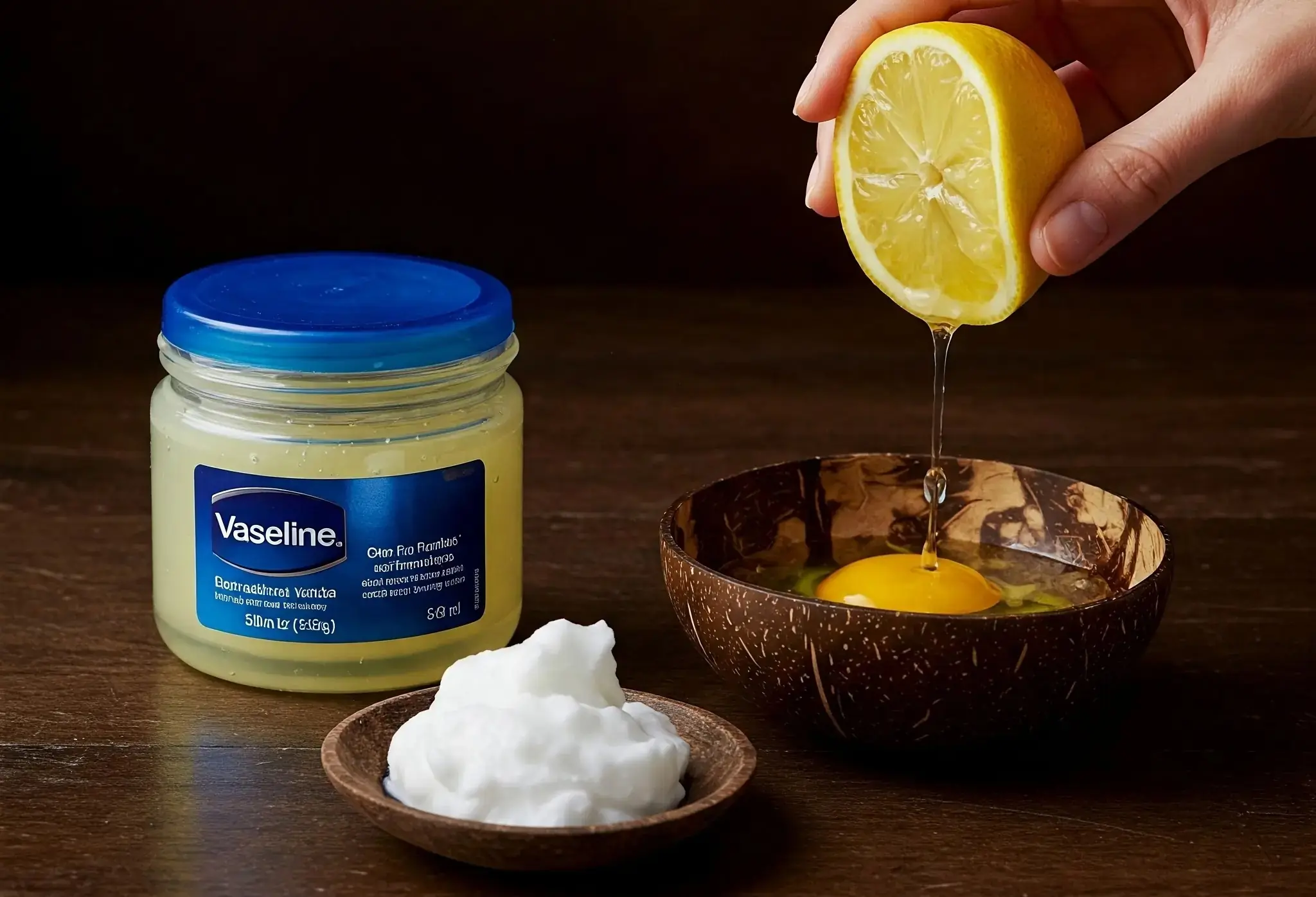
Vaseline and Egg White Face Mask: The Ultimate Anti-Aging Remedy to Look 10 Years Younger
Whether you’re looking to reduce wrinkles, lighten dark spots, or prevent acne, this mask offers a wide range of benefits that will transform your skin.

Three-Day Lymphatic Cleanse To Keep You Healthy All Year Long
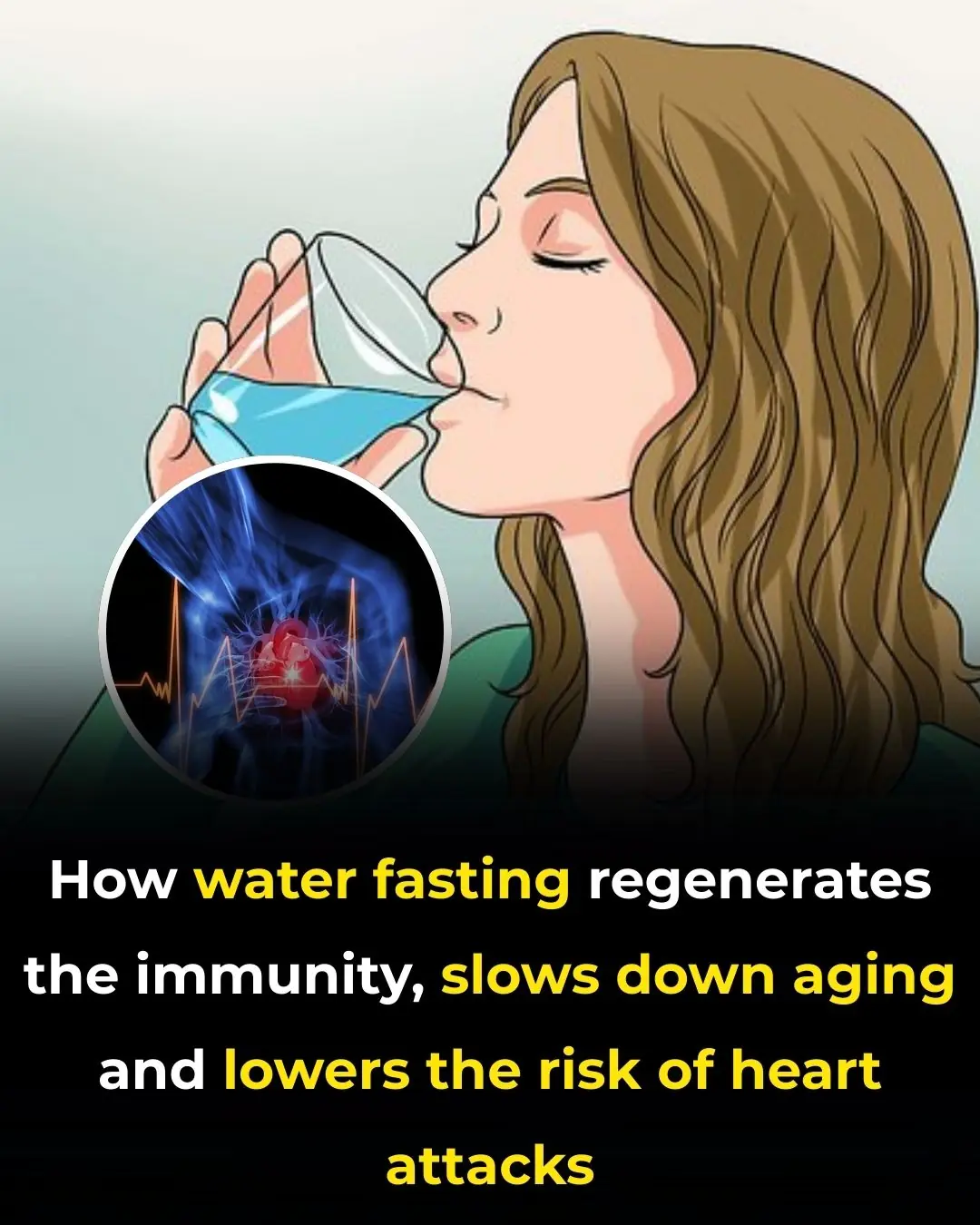
How Water Fasting Can Have Many Benefits

5-Year-Old Loses Battle With Cancer — Doctors Reveal 5 Foods Parents Must Never Give Their Children
The heartbreaking loss of a 5-year-old child to late-stage cancer has sparked a powerful warning from health experts. Doctors now stress that nutrition plays a far bigger role in preventing chronic diseases than many parents realize.

Toxic Megacolon From Severe Constipation — What Causes It and How To Prevent It
Constipation may seem like nothing more than an uncomfortable inconvenience, but ignoring it for too long can put your health at serious risk. In extreme cases, chronic constipation can progress into a life-threatening condition known as toxic megacolon,

Stage 4 Cancer Woman Issues Urgent Warning: Don’t Ignore These Subtle Signs
A mother of two ignored what seemed like minor health issues, only to learn they were signs of stage 4 bowel cancer. Now, she’s warning others not to make the same mistake.

The surprising truth about eating eggs every day
News Post

lacing these 3 things on top of the fridge will cause wealth to disappear, no matter how much you have.
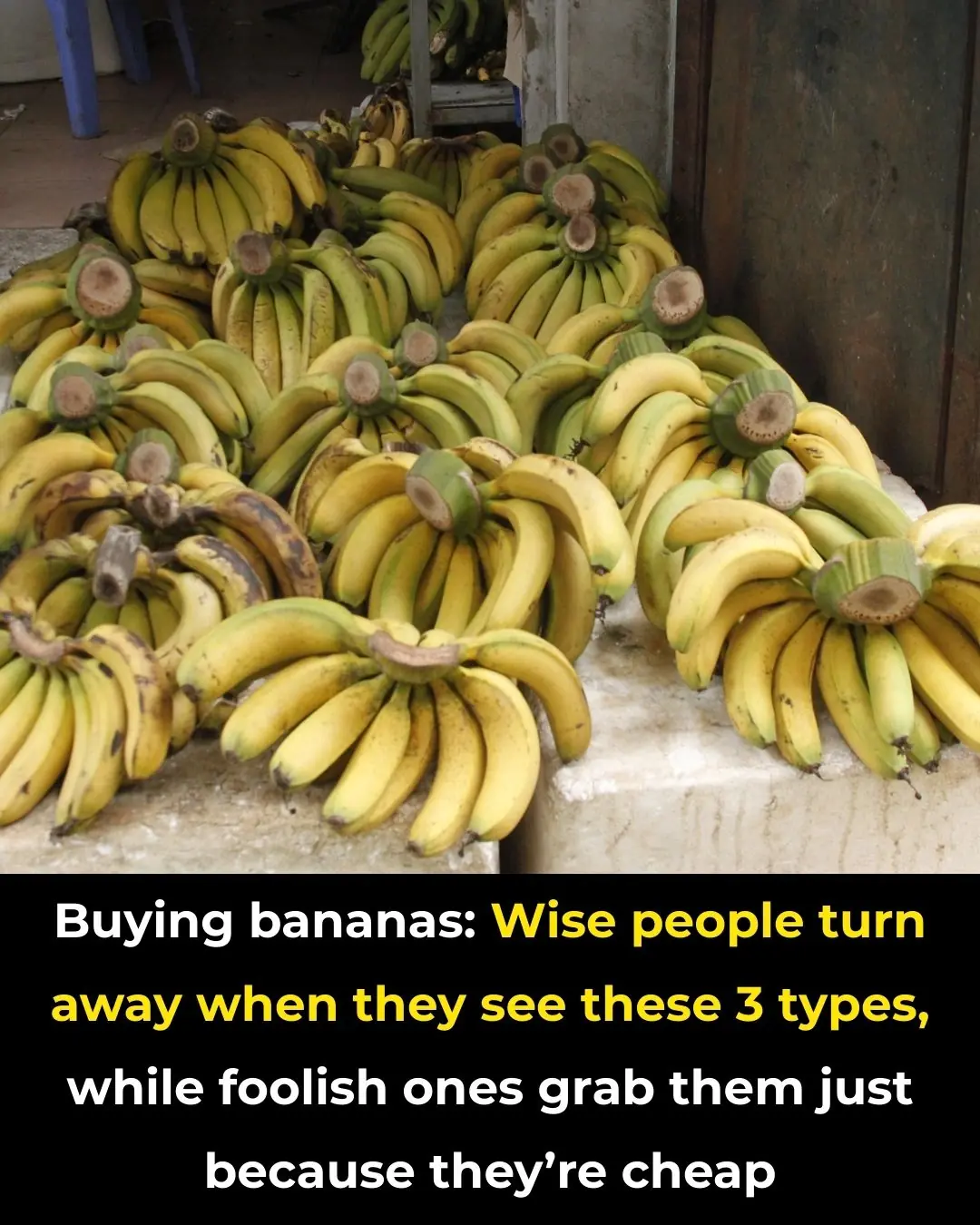
Buying bananas: Wise people turn away when they see these 3 types, while foolish ones grab them just because they’re cheap
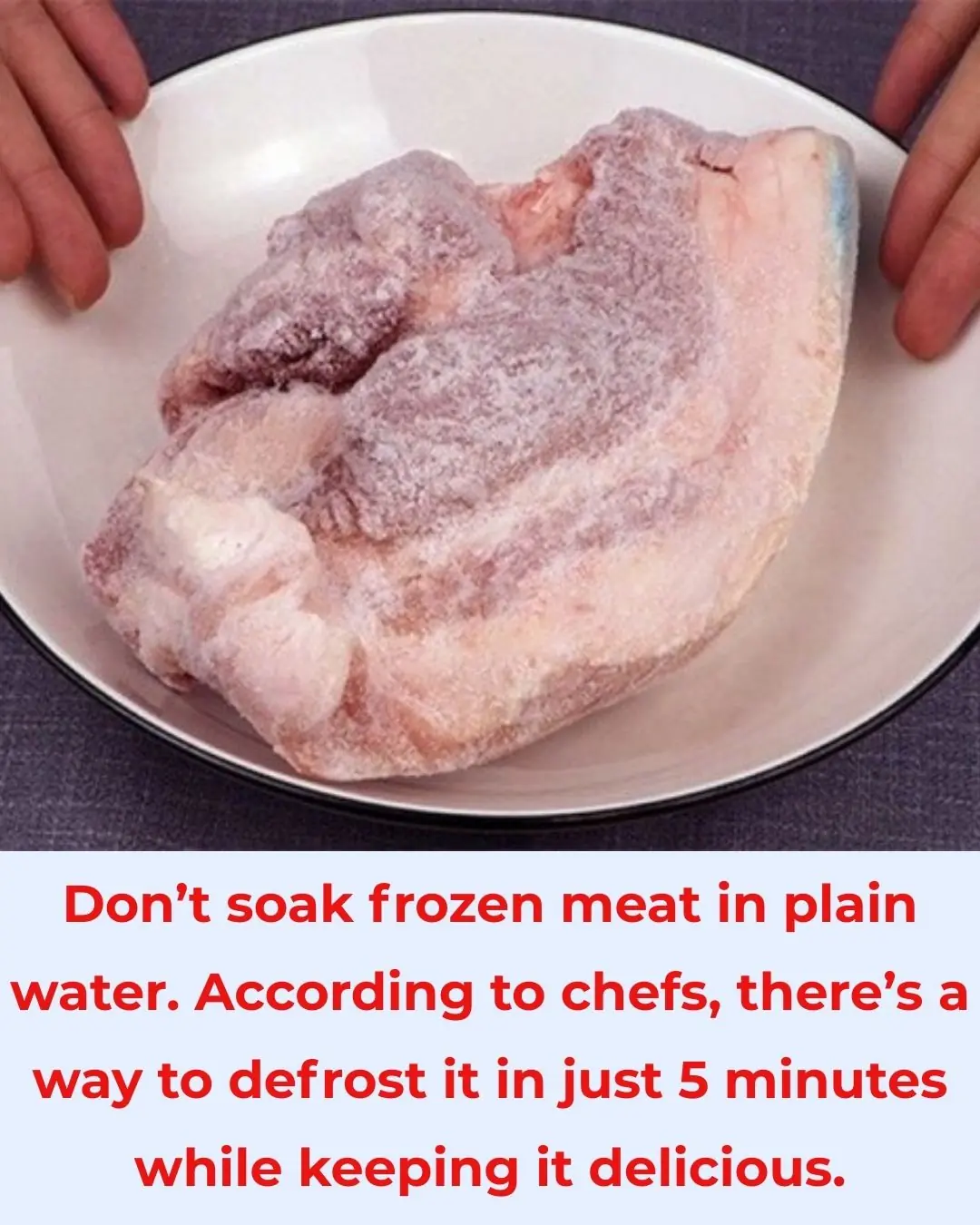
Don’t soak frozen meat in plain water. According to chefs, there’s a way to defrost it in just 5 minutes while keeping it delicious.

Water heaters have a hidden 'switch.' Any household that knows how to open it can use it for 10 years without worrying about damage or high electricity bills
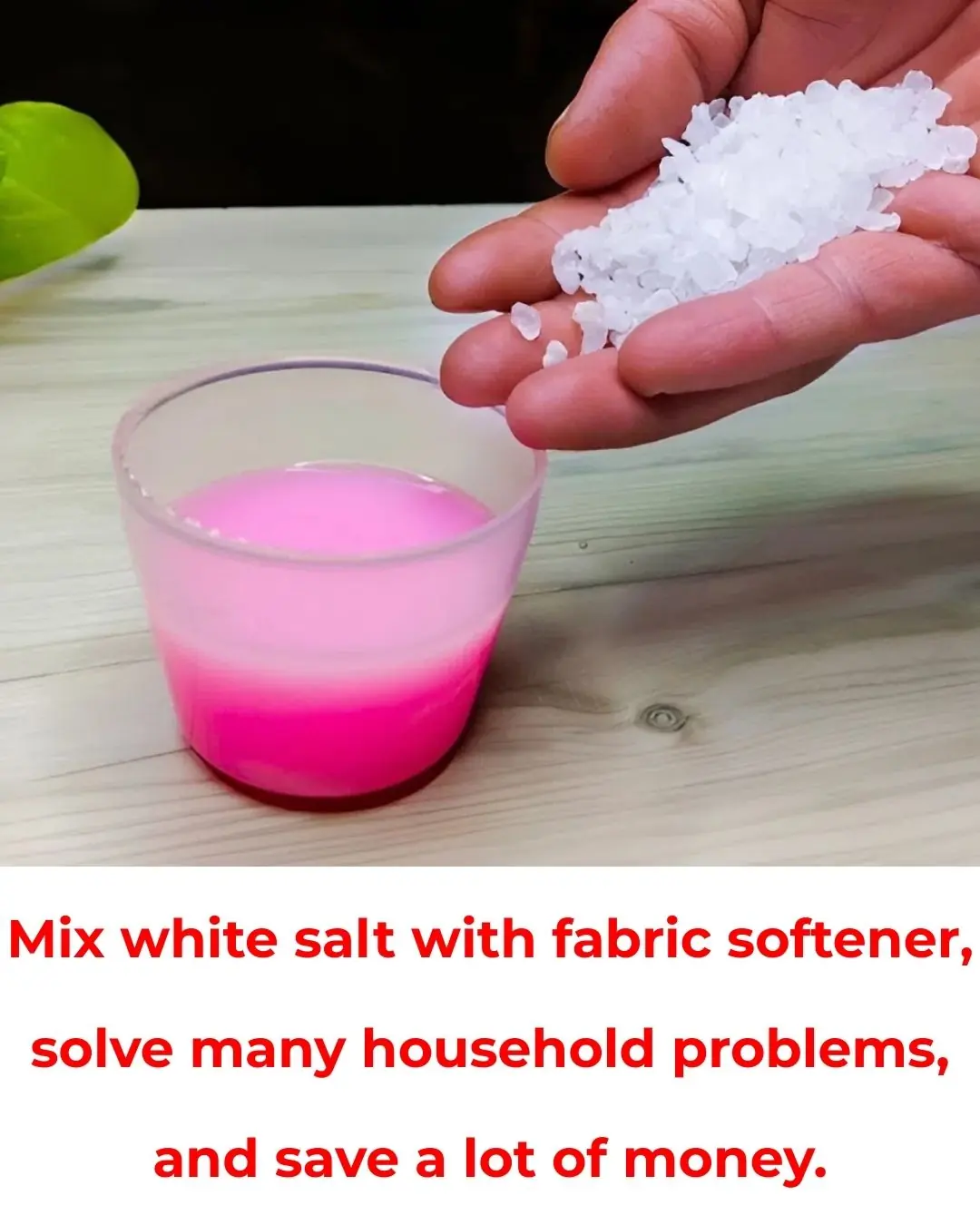
Mix white salt with fabric softener, solve many household problems, and save a lot of money.

Apply this on a knife, and no matter how dull it is, it will become razor-sharp and shiny, without needing a whetstone.
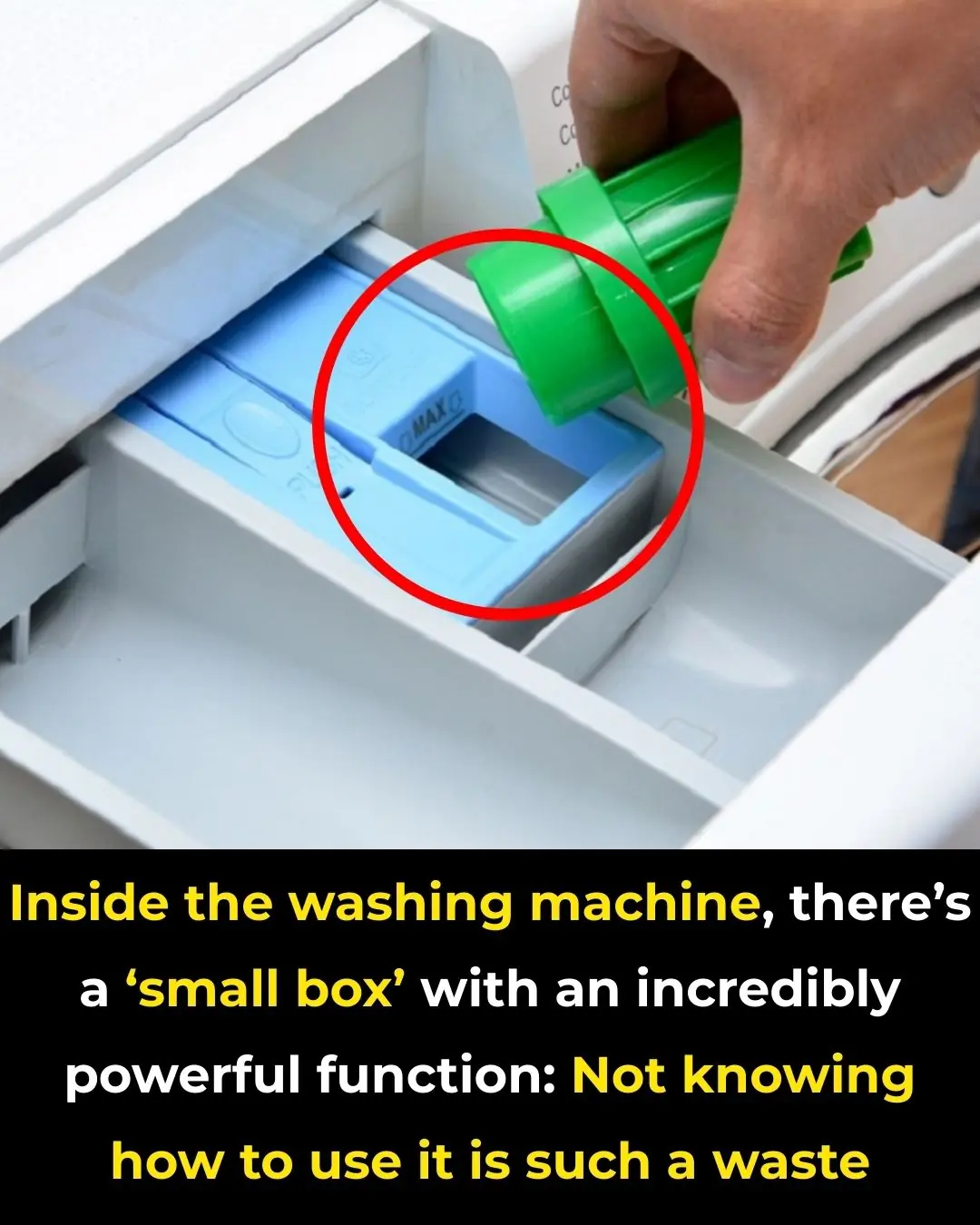
Inside the washing machine, there’s a ‘small box’ with an incredibly powerful function: Not knowing how to use it is such a waste.

Why Some Women Lose Their Desire: 4 Avenues to Explore

Why should you keep some money behind your phone case?

If You Have Colon Polyps, These 4 Signs While Using the Toilet May Appear – See a Doctor Before It’s Too Late

From age 65, how often should you shower (and why over-washing can be harmful to your health)

What’s the Secret to Becoming a Super-Ager?

Coffee, Cookies, and Cheese Recalled From Major Retailers in Multiple States

H. Pylori Fears These 5 Foods the Most — Eat Them to Protect Your Stomach

Woman Unveils 5 Colon Cancer Symptoms You Must Never Ignore
Colon cancer is often called the “silent disease” because its warning signs are easy to dismiss. One Texas mother, Radwah Oda, is now sharing her painful journey in hopes of saving others from making the same mistake.

The Silent Killer" That Causes Brain Shrinkage — Yet Parents Still Feed It to Their Children Daily

Mother and Child D:ie From Liver Cancer — Doctors Reveal 3 Ingredients That Should Never Go Into Porridge
The story of the mother and child stands as a haunting reminder that the smallest choices in the kitchen can carry lifelong consequences.

Proven Health Benefits of Walnuts, How Many to Eat, and More (Science Based)

The Most Dangerous Foods: Unpacking the Risks of Processed Meat
